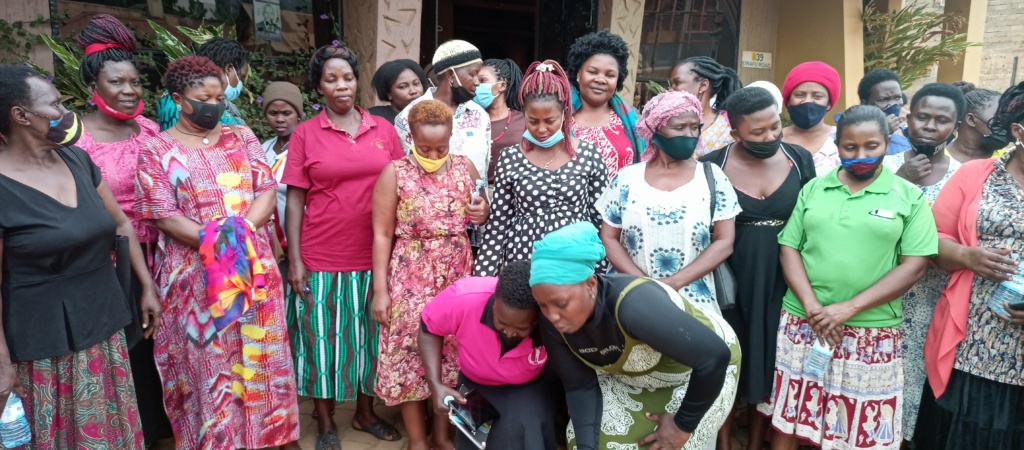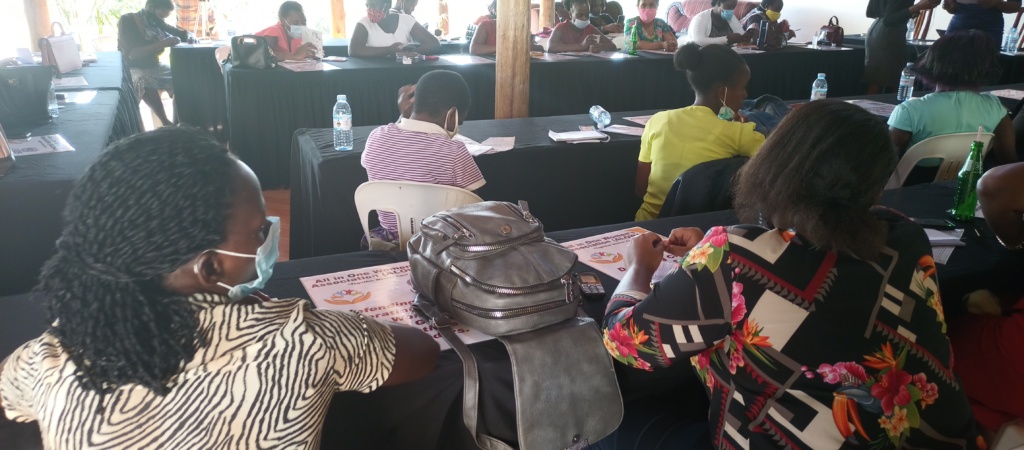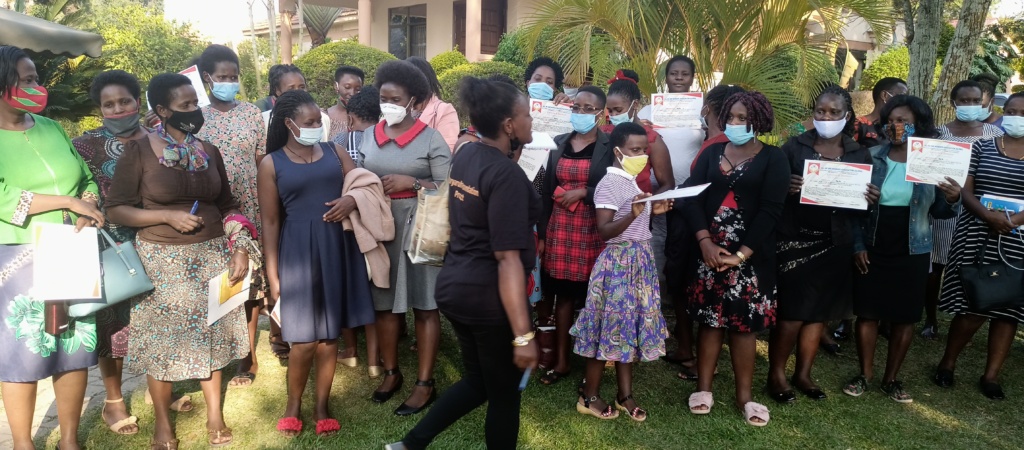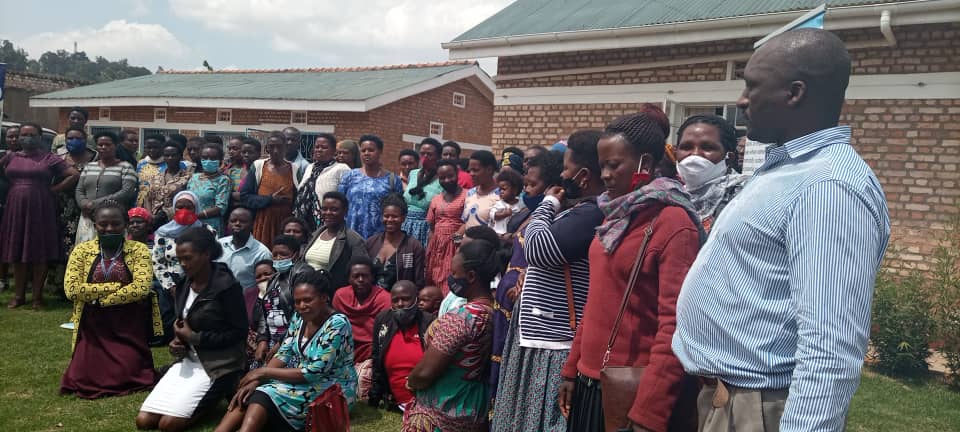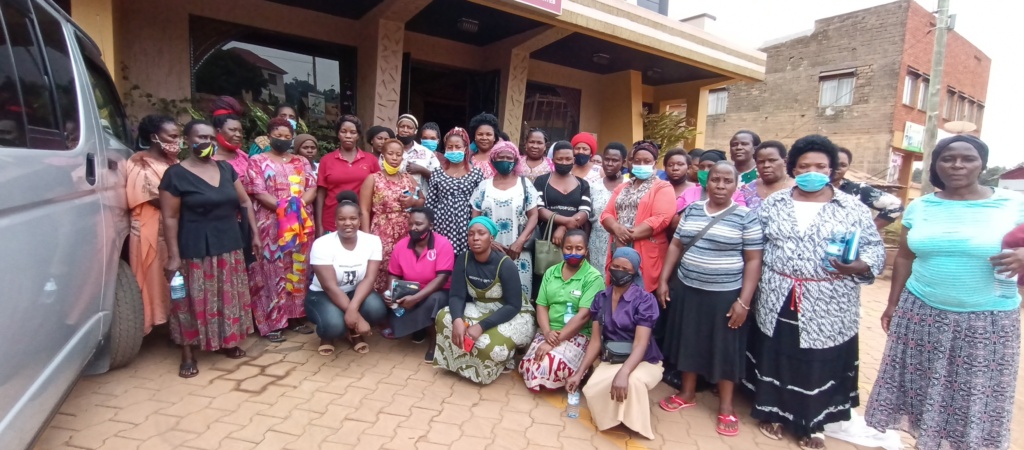WOMEN IN FISHERIES NETWORK (WOFNET)
Uganda’s fishing industry, being vessel owners, fleet managers, fishmongers,
processors, fishing conservationists, charity workers, trainers or workers in the fishing industry.
Research shows that women's roles in fisheries are vital, from net to plate and
WOFNET is here to recognize the work that we Women do in the fishing industry, and
support it. Through networking, advocacy, capacity building and information
dissemination, organizing events and sharing of resources, WOFNET members will get
to know each other, support each other and build a presence. Women’s role in fisheries
will be recognized and their voices heard, so that the whole sector can be improved.
Our objectives
Increasing awareness of gender issues and ensuring that approaches
improve the quality of life for women in fisheries. Gathering information and
developing research programmes that systematically tackle gender issues and women’s participation and integration in fisheries development.
Recognizing the important role that women play in guaranteeing household food security and well-being.
Developing marketing by providing further support in different areas such as
improving women’s access to markets and storage of fish. Although we must
be aware that successful actions may increase male migration into an area, to
the detriment of women fishers.
Facilitating access to fish resources. Rights, access and control of resources are central to successful fisheries development. However, women’s entitlements are frequently ignored. This situation must be addressed explicitly in order for the full potential of women’s contributions to be realized. Women must also have a role in the management of resources.
Encouraging the participation of women and women’s groups in decision-making processes at both community level (by strengthening women’s associations) and government level.
Providing appropriate training, designed to target women in fisheries. It’s important to ensure that training is accessible to women so that they can improve their productivity and the quality of their products. Courses should be structured and held in places that won’t conflict with women’s other responsibilities.
Get involved
fisheries, in your Community, region, and in your sector.
Take part in the conversation on WOFNET Facebook
women who work in fisheries to share stories, support one another, and plan for the
future. Anyone can take part in the conversation, from vessel owners, fleet managers,
skippers and fishers, to fishmongers, processors, gutters, office workers, and women
who are part of fishing families. Don’t be left behind!
Spread the word on social media
To spread the word about WOFNET, follow us on Twitter, Facebook page and Instagram (links below).
Take part in events
WOFNET members meet up regularly, both online and face to face. Sign up to events or advertise your own over on our dedicated events page.
WOFNET has been exploring women’s identities and wellbeing across the fishing industry in Uganda. WOFNET has spoke to women who were part of fishing families, entrepreneurs in the industry, and who worked onboard fishing vessels.
Our Findings
helped to shed light on the often overlooked and important roles that women play in the
sector. In our research, WOFNET focused on understanding what fishing, and being
part of a fishing family, means to the women involved from their own perspective. The
research main findings can be organized into four key areas, discussed below.





